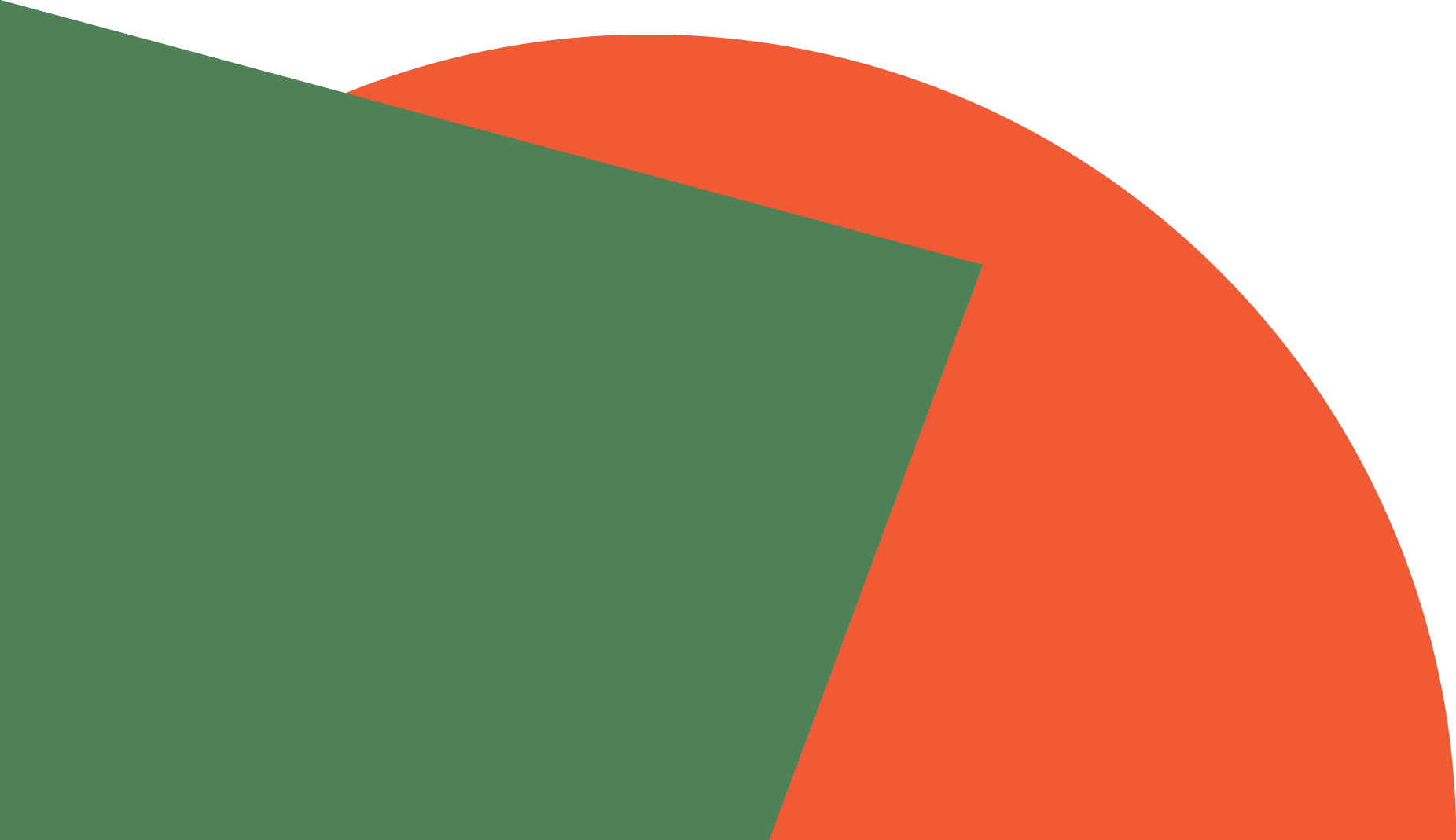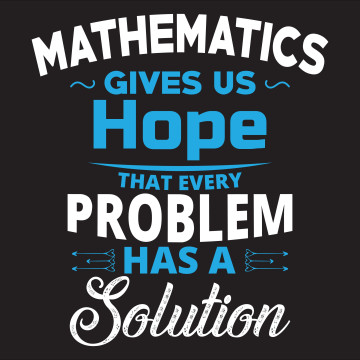

Foundation Mathematics Units 3 and 4
Overview
Foundation Mathematics Units 3 and 4 focus on providing students with the mathematical knowledge, skills, understanding and disposition to solve problems in real contexts for a range of workplace, personal, further learning, and community settings relevant to contemporary society.
Foundation Mathematics Units 3 and 4 build on the assumed knowledge and skills for Units 1 and 2.
In undertaking these units, students are expected to be able to apply techniques, routines and processes involving integer, sets, lists and tables, data displays, diagrams, plans, algorithms, measures, equations and graphs, with or without the use of technology. They should have facility with relevant mental and by-hand approaches to estimation and computation.
Areas of Study
The areas of study for Foundation Units 3 and 4 are: ‘Algebra, number and structure’, ‘Data Analysis, probability and statistics’, ‘Discrete Mathematics’ and ‘Space and measurement’.
Algebra, number and structure
- Rational numbers and irrational numbers related to measurements, ratios and proportions.
- Direct and indirect variation.
- Graphical and algebraic analysis of relations including transposition and finding a break-even point using simultaneous equations.
- Rounding, significant figures and percentage error.
Data analysis, probability and statistics
- Long-term data and relative frequencies in practical situations such as epidemics, climate, environment, sport and marketing.
- Interpolation and extrapolation of data, predictions, limitations and inferences.
- Data collections requirements and methods considering audience, errors and misrepresentations in statistics.
Discrete mathematics
- Personal finances including loans, credit, debit and mortgages.
- Taxation systems include GST, BAS and invoicing.
- Consideration of financial risk.
- Managing money and financial planning.
- Analysis and interpretation of financial data sets, trends and economic indicators for local community and national or global level including inflation, stock markets movements and recessions.
Who is it for?
Units 3 and 4 will provide students with a credited study program. The course will focus on the needs of students going into trades, and further studies directly from school, as well as the skills required to navigate through aspects of everyday life.
What do you do?
The structure of this course consists of weekly tasks, assignments and projects. These tasks are aimed at students achieving all outcomes in a number of key knowledge and skills related to the Areas of Study.
Students must complete the weekly practice questions and submit the weekly work for assessment and School Assessed Course work (SAC’s)
What skills do you need?
There is a strong emphasis on the use of Mathematics in practical contexts that are encountered in everyday, at home, work and study. You will be expected to use a scientific calculator and Excel spreadsheet. There is also an expectation to use various programs to produce graphs.
Completion of Units 1 and 2 Foundation Mathematics.
What skills do you develop?
This course is designed so students will further develop their mathematical skills in identifying, investigating, understanding and solving the problems they encountering everyday real-world experiences in life and work.
Requirements
All work must be completed by the due dates and submitted weekly via VSV online.
You will also need the following materials:
- ruler
- protractor
- scientific calculator
- exercise book for your workings
- access to excel.
Things to think about
In order to completed Foundation Mathematics Units 3 and 4, you should have knowledge of year 11 Foundation Maths and or year 10 Mathematics.
The expected workload is approximately 6 -7 hours of work per week.
SAC’s and weekly submissions are part of this Unit study. You are expected to submit all work requirements according to the submission time line.
Things you can do now
Access the study design for Foundation Mathematics Units 3 and 4. It has a full list of the Areas of Study and the three outcomes that will be covered.
Victorian Curriculum and Assessment Authority (vcaa.vic.edu.au)
Things to have a look at
How to study mathematics away from the classroom.